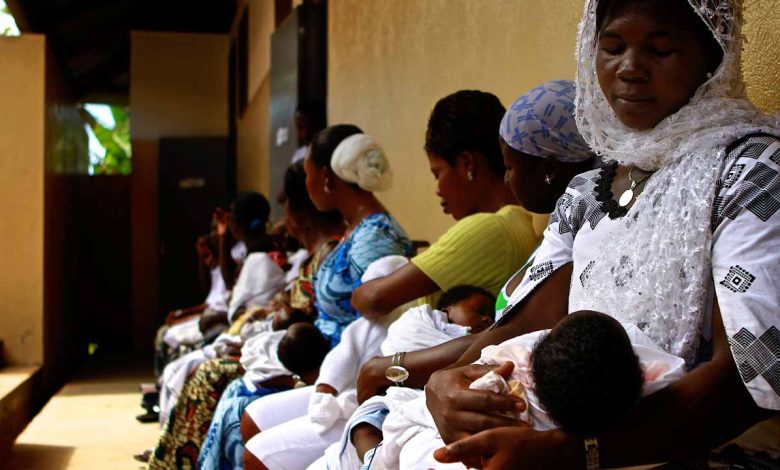
A report by Business Day indicates that ‘Japa’ in Nigeria has dealt a devastating blow to the nation’s healthcare infrastructure.
According to the report, the already strained medical facilities now face a dire shortage of skilled health professionals, exacerbating the challenges in delivering adequate healthcare services.
As medical workers leave the country for greener pastures, it exacerbates existing resource constraints.
Nigeria continues to witness a continued exodus of experienced health workers seeking better working conditions and improved welfare in developed countries.
The drain of talent has severely impacted the capacity of medical facilities, with hospitals like Lagos University Teaching Hospital (LUTH) forced to shut down wards due to a lack of staff.
Professor Chris Esezobor of LUTH highlighted the dilemma faced by health professionals weighing the choice of staying in Nigeria’s public sector, where infrastructure and welfare are inadequate for quality practice.
The aftermath of COVID-19 compounded LUTH’s woes, reopening a renovated ward without sufficient workforce to operate it.
Recruitment drives for nurses yielded disappointing results, as many either secured employment elsewhere or emigrated, painting a bleak picture for the hospital’s future operations.
Specialities like pediatrics, internal medicine, obstetrics, gynaecology, and psychiatry are witnessing a drastic decline in applicants compared to a decade ago, intensifying the healthcare crisis.
The brain drain extends beyond nursing and medical fields, with over 400 consultant anaesthetists leaving Nigeria in the past two years, further straining the healthcare system.
Olubusola Alagbe-Briggs attributed this trend to the acute demand for specialized services abroad.
“There is a global shortage of anaesthetists because of the nature of the intensive, acute, and focused job. We had about 1,200 members in the past, but today we have only 800 members,” he said.
The Pharmaceutical Society of Nigeria reported over 7,000 pharmacists leaving the country due to the lack of incentives for local practice, echoing the sentiment of Nigerian professionals being highly sought after globally.
The brain drain’s toll is evident, with the Nigerian Association of Resident Doctors (NARD) reporting a diminished pool of medical doctors, heightening the strain on the healthcare system and leading to an indefinite strike due to unmet demands for improved working conditions.
Complicating matters, a wave of misdiagnoses further burdens patients and families, exacerbating the post-hurricane trauma.
According to Kay Adesola, president of the Association of Nigerian Private and Medical Practitioners (ANPMP), the brain drain crisis also intersects with economic hardships, translating into diminished care quality for patients.
“The government just declared an emergency on food production. We need one in the health sector. We need to look at the works done at the twilight of the last government by the Presidential Health Reform Committee headed by Professor Yemi Osinbajo,” he said.
